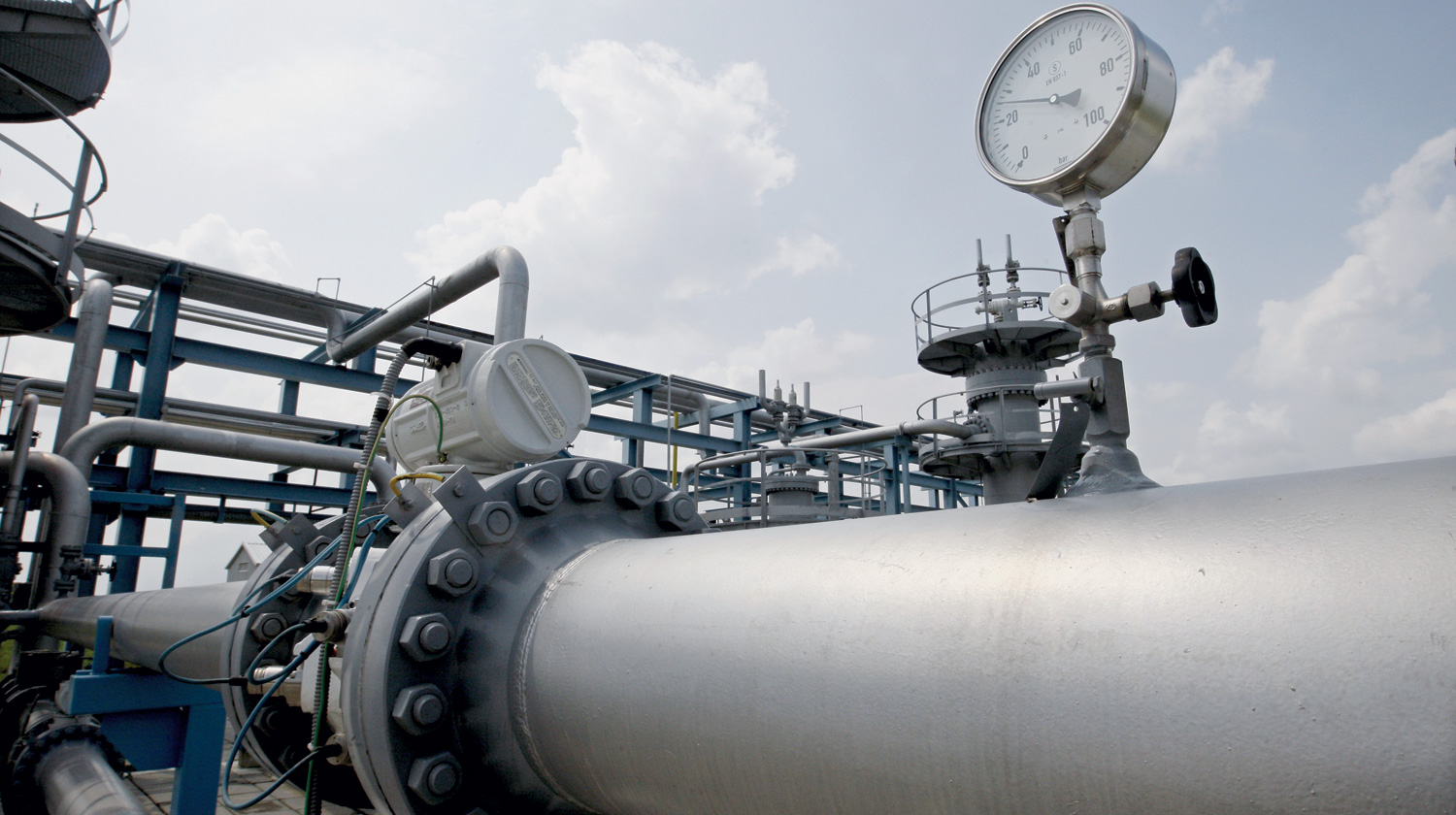

MUSCAT, NOV 24 - A Royal Decree conferring upon Oman Gas Company (OGC) the status of ‘Transmission System Operator’ (TSO) of the Sultanate’s natural gas network is anticipated before the end of this year, according to a top official of the wholly government-owned entity. Sultan al Burtmani, Acting Executive Managing Director of OGC, said the company is currently undergoing a transformation in preparation for its new mandate as the nation’s sole independent gas transmission system owner and operator (Gas TSO).
Speaking at a recent media event, the official said that OGC — a subsidiary of Oman Oil & Orpic Group — is currently focused on, among other things, consolidating the group’s gas transmission assets, centring on a 2,500 km grid spanning the length and breadth of the country. Also as part of this consolidation effort, select gas pipeline networks operated by Petroleum Development Oman (PDO) and BP Oman and being brought under OGC’s remit, he noted, adding that a Royal Decree ratifying OGC’s role as the Gas TSO is likely before the year-end. OGC’s impending elevation to Gas TSO will mark the culmination of a landmark effort by the Ministry of Oil and Gas, as well as the Omani government, to overhaul and modernize the gas market in the Sultanate.
Earlier this year, the Sultanate’s preeminent gas transporter signed a 50-year concession agreement with the Omani government covering the ownership and operation of the Sultanate’s gas transmission system of pipelines, metering, compressor and gas supply stations under a new revenue framework. The new framework, fashioned on the Regulatory Asset Base (RAB) model, will enable the introduction for the first time of a cost-reflection tariff for the transportation of gas across the network. It envisions the creation of a new gas market regulated by the Authority for Electricity Regulation, with the Ministry of Oil & Gas playing the role of shipper and OGC as Transmission System Operator.
According to experts, the establishment of a Regulatory Asset Base (RAB) model will enable OGC to calculate gas transportation costs and set tariffs that are “stable and predictable”. These tariffs will generate a steady stream of revenues for OGC to finance, among other things, new capacity growth or procure commercial debt for future expansions.
In effect, the RAB model will enable OGC to end its long-standing dependence on the government for its funding needs and thereby become financially independent. This is already evident from OGC’s success, a year ago last November, when it secured $1.1 billion in bank financing to fund the acquisition of government-owned pipeline assets, as well as pay for planned expansions of the gas transmission system.
Oman Observer is now on the WhatsApp channel. Click here



